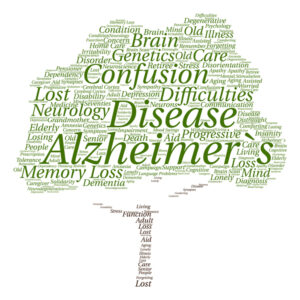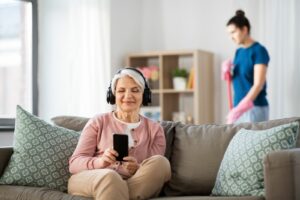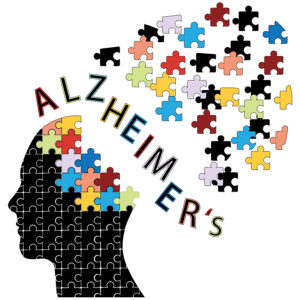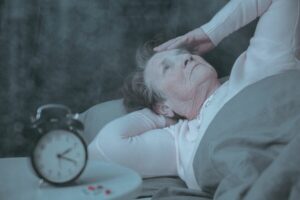Tips For Caring For A Senior With Alzheimer’s At Home
If your senior parent has Alzheimer’s, but they want to continue living independently, Alzheimer’s care at home may be what they need. If your mom or dad has Alzheimer’s care at home they can get the specialized care they need while also enjoying the benefits of being in a home they feel safe and comfortable in.

Alzheimer’s Care New Providence NJ – Tips For Caring For A Senior With Alzheimer’s At Home
There are a lot of benefits that seniors who have Alzheimer’s can get from living in the family home, especially if they have lived in that home for a long time. As the disease progresses, and they have a harder time figuring out where they are the sense memories they have of the home can lower their anxiety and reduce confusion.
With a combination of Alzheimer’s care at home and care from family caregivers, your mom or dad can continue living at home throughout their Alzheimer’s journey. You can use these tips to help keep your mom or dad safe and comfortable at home as they get older:
Establish a Routine
A predictable daily routine can help reduce confusion and anxiety for your mom or dad. Consistency helps them feel more secure and grounded, especially as their memory declines. Try to schedule meals, activities, and bedtime at the same time each day. It’s not possible to always have the same schedule down to the minute, but keeping meals and activities like bedtime around the same times every day can help your mom or dad feel secure.
Safety First
Making your mom or dad’s home safe will lower the risk of them falling or getting out of the house alone. Remove tripping hazards like loose rugs and clutter, install grab bars in bathrooms, and ensure stairways and hallways are well-lit.
Put childproof locks on cabinets that contain cleaning supplies, medications, or sharp objects. And move other potentially dangerous items to high shelves or hidden cupboards. Adding a door alarm or an electronic lock to the outside door can prevent your mom or dad from wandering outside on their own.
Try To Keep Them Active
Staying active is important because it can help slow cognitive decline. Encourage your mom or dad to try gentle exercises like walking, chair yoga, or stretching. You can also play games with them that encourage movement like balloon volleyball or ring toss.
Be Patient
As Alzheimer’s progresses, your mom or dad may have trouble understanding or expressing themselves. Be patient when you’re communicating with them and speak slowly and using simple words.
If you find that you’re getting frustrated or angry take a deep breath and step away. Make sure your tone is not angry because your mom or dad will take their cues from your tone and body language if they don’t understand your words.
Take Care of Yourself, Too
Caring for a parent with Alzheimer’s can be emotionally and physically exhausting, so it’s important to take care of yourself too. Take breaks when needed, Alzheimer’s care at home is always available for respite care. Joining a support group for Alzheimer’s caregivers can provide valuable advice and emotional support without judgment.








